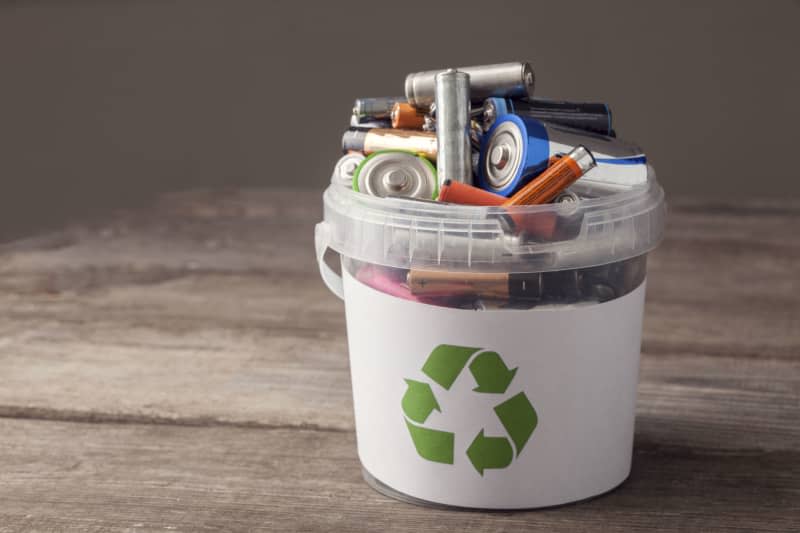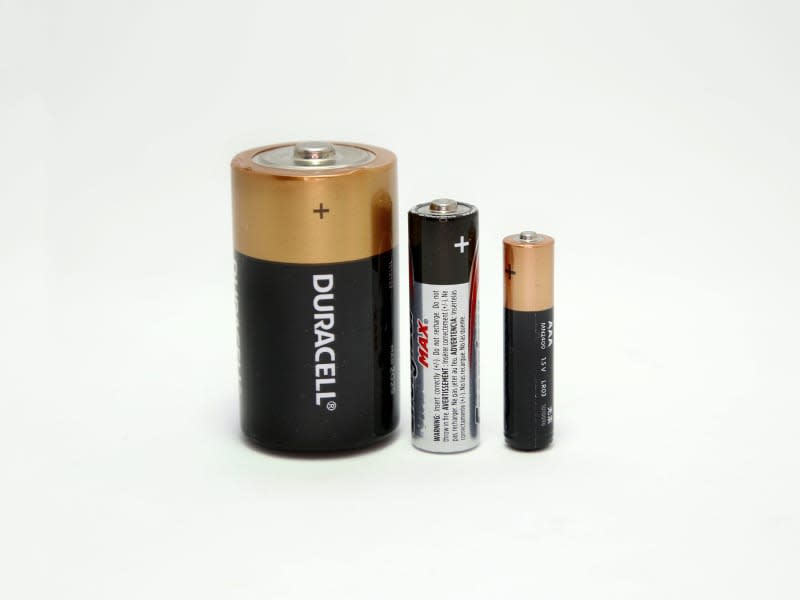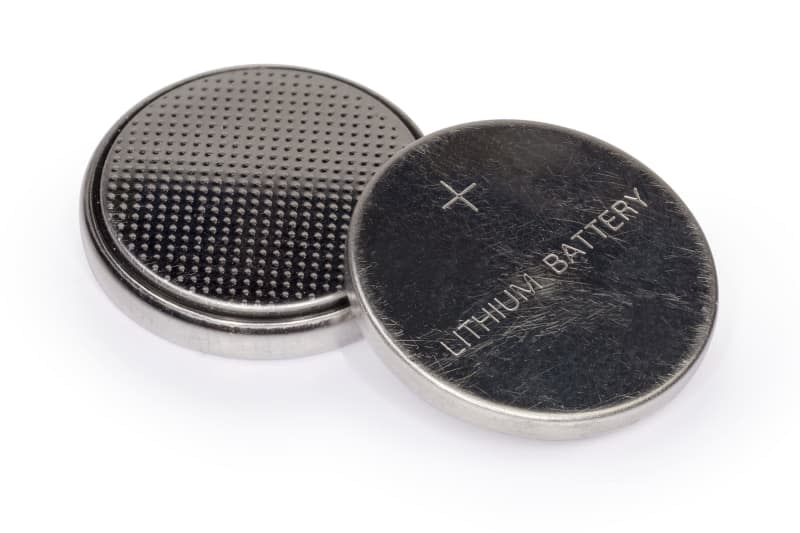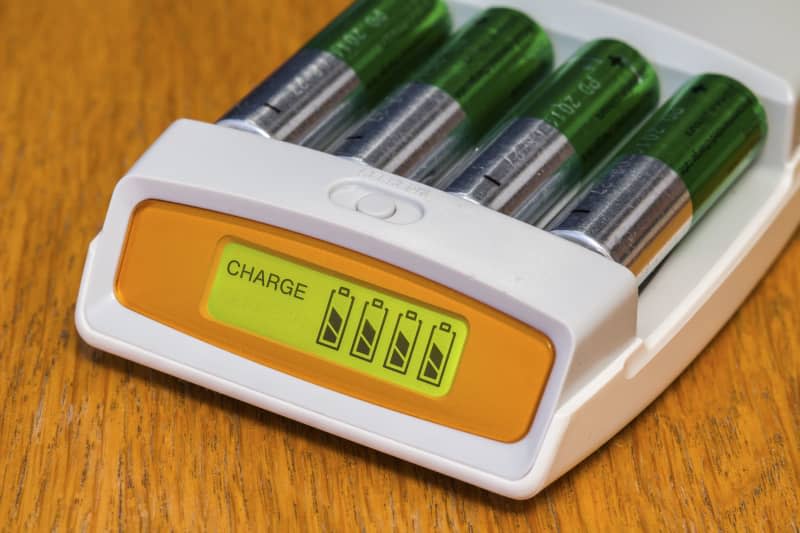You've Probably Been Disposing of Batteries the Wrong Way

You probably don’t think too much about the batteries that power the many electronic devices you rely on daily until, of course, they run out of juice.
While it’s easy enough to buy fresh alkaline batteries to install in a TV remote or even replace a rechargeable battery in your laptop, getting rid of those used batteries proves to be a bit harder — especially if you’re a resident of California, where it’s illegal to dispose of any batteries.
So before you toss any used-up batteries into the trash or the recycling bin, here’s what you need to know about proper disposal.

How to Dispose of Single-Use Batteries
Any alkaline battery that is not rechargeable is considered a single-use battery. These are your typical AA, AAA, 9-volt, and D-cell batteries that power TV remotes, smoke and CO2 detectors, toys, and more. When these batteries run out of juice, you’ll need to replace them with new ones to continue using the devices in question.
Before 1996, single-use batteries were made with mercury, a hazardous material that doesn’t belong anywhere near a landfill or a recycling bin. However, batteries manufactured since then are made with non-hazardous metals and therefore can be thrown away in the regular trash — that is, in every state but California, where it is illegal to dispose of any batteries, single-use or otherwise.
There are some towns and communities throughout the country that hold regular recycling events to make it easy to drop off used batteries and other electronic devices for disposal. Some of these also accept single-use batteries, so it’s worth asking. You can use a site like Call2Recycle to see what battery recycling programs are available in your area and whether they accept single-use batteries.
In California, used battery collection centers are more readily available because of the strict laws; in fact, there are even some libraries that are designated as battery drop-off centers for convenience.

What About Single-Use Button Cell Batteries?
Button batteries are aptly named because they are small, thin, and round like a button. These single-use batteries power devices like car key fobs, hearing aids, and calculators, but unlike other single-use batteries, you might not be able to toss them in the trash when they’re done.
There are two types of button cell batteries: alkaline and lithium. An alkaline battery will have the letters LR stamped on it; once it’s run its course, you can throw it in the trash. However, the EPA suggests wrapping a piece of electrical tape around the spent battery and throwing it away in a separate bag to avoid coming in contact with other batteries, which could start a fire.
However, any button batteries with the letters CR (lithium) or SR (silver oxide) mean they contain hazardous metals that cannot be thrown in the regular trash; they must instead be brought to a hazardous waste event for proper collection.

How to Dispose of Rechargeable Batteries
Rechargeable batteries are exactly what they sound like; they are batteries that can be recharged for continued use. Typically, you’ll find them in cell phones, laptop computers and tablets, power tools, and other household electronics. However, even these reusable batteries will eventually stop responding to repeated charges and need replacing at some point.
There are many types of rechargeable batteries, ranging from lithium-ion to nickel metal hydride and nickel-cadmium. None of them should be thrown away in a regular trash can. They can be recycled, but don’t throw them in your recycling bin, either. Instead, go online to see where there might be drop-off areas in your town to safely dispose of these batteries.
While some towns have regularly occurring hazardous waste events, you might not have to wait for the next one to dispose of your lithium or other rechargeable batteries. Instead, you might find a drop-off at your local home improvement store, for example, where you can drop them off for free.
You should follow the instructions for how to properly prep your rechargeable batteries for drop off, but in general, you can either tape the terminal ends with electric tape or bag them up separately to avoid any current transfer that could lead to a spark.
By now, you probably have gotten the idea that you shouldn’t just throw a battery in the trash without first considering what type of battery it is and whether you live in California or another state. Either way, it can’t hurt the environment to do a bit of research to see if any battery drop-off sites or recycling programs will take the guesswork out of how to dispose of your batteries properly.

